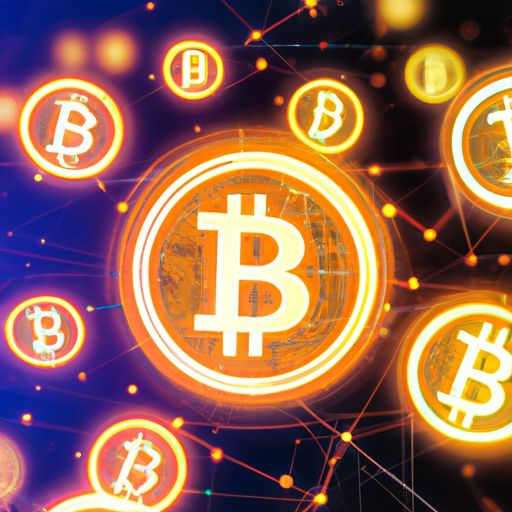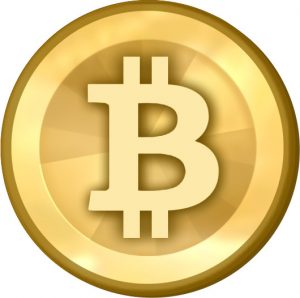Bitcoin’s “governance” process is defined literally and succinctly by a single word: anarchy. It is literally impossible for a voluntary and distributed system to be “governed” in any other way.,The governance process of Bitcoin is often described as anarchy due to its decentralized and voluntary nature. Unlike traditional centralized systems, Bitcoin does not have a central authority or governing body overseeing its operations. Instead, it relies on a consensus mechanism called Proof-of-Work (PoW) to validate and secure transactions on the network.
In the Bitcoin network, miners play a crucial role in maintaining the decentralized nature of the system. They use specialized computer hardware called ASIC miners to solve complex mathematical problems, which in turn verifies and adds transactions to the blockchain. Miners compete with each other to solve these problems, and the first one to find a solution is rewarded with newly minted bitcoins.
This consensus mechanism ensures that no single entity has control over the network. It prevents censorship, manipulation, and arbitrary decision-making that could be present in a centralized system. Instead, all participants in the network, including miners, users, and developers, have an equal say in its operation and evolution.
While the decentralized nature of Bitcoin is one of its key strengths, it also presents challenges when it comes to decision-making and protocol upgrades. When disagreements arise regarding changes or improvements to the network, the community must reach a consensus.
This consensus process can sometimes be contentious, leading to debates and even forks, where a new version of the Bitcoin blockchain splits from the original. Examples of such forks include Bitcoin Cash and Bitcoin SV.
Despite the challenges, Bitcoin has proven resilient and has maintained its position as the leading cryptocurrency. Its governance model, although unorthodox, has allowed for innovation and adaptation over the years.
In conclusion, Bitcoin’s governance process is characterized by anarchy, in the sense that it lacks a centralized authority governing its operations. The decentralized nature of the network, driven by consensus among participants, ensures transparency, security, and resilience. While the decision-making process may be complex and occasionally contentious, it has allowed Bitcoin to evolve and thrive in the world of cryptocurrencies.
The Role of Miners in Bitcoin’s Governance
Miners play a crucial role in Bitcoin’s governance process. Their main responsibility is to validate and secure transactions on the network. They do this by solving complex mathematical problems using specialized computer hardware called ASIC miners.
The Decentralized Nature of Bitcoin
One of the defining features of Bitcoin is its decentralized nature. Unlike traditional financial systems or currencies, Bitcoin operates without a central authority or governing body. This decentralized model ensures that no single entity has control over the network, preventing censorship and manipulation.
The Consensus Mechanism: Proof-of-Work
Bitcoin’s consensus mechanism, known as Proof-of-Work (PoW), is a key component of its governance process. Miners compete to solve complex mathematical problems, which validates transactions and adds them to the blockchain. PoW ensures that the network operates in a secure and trustless manner.
Challenges in Bitcoin’s Governance
The decentralized nature of Bitcoin’s governance process can sometimes lead to challenges. Decision-making can be contentious, and disagreements may arise regarding proposed changes or upgrades. This has resulted in forks, where new versions of the Bitcoin blockchain split from the original.
The Resilience of Bitcoin’s Governance Model
Despite the challenges, Bitcoin’s governance model has proven resilient over the years. The decentralized nature of the network allows for innovation and adaptation, ensuring its continued relevance and dominance in the world of cryptocurrencies.
(Replace VIDEO_ID with the actual video ID)



